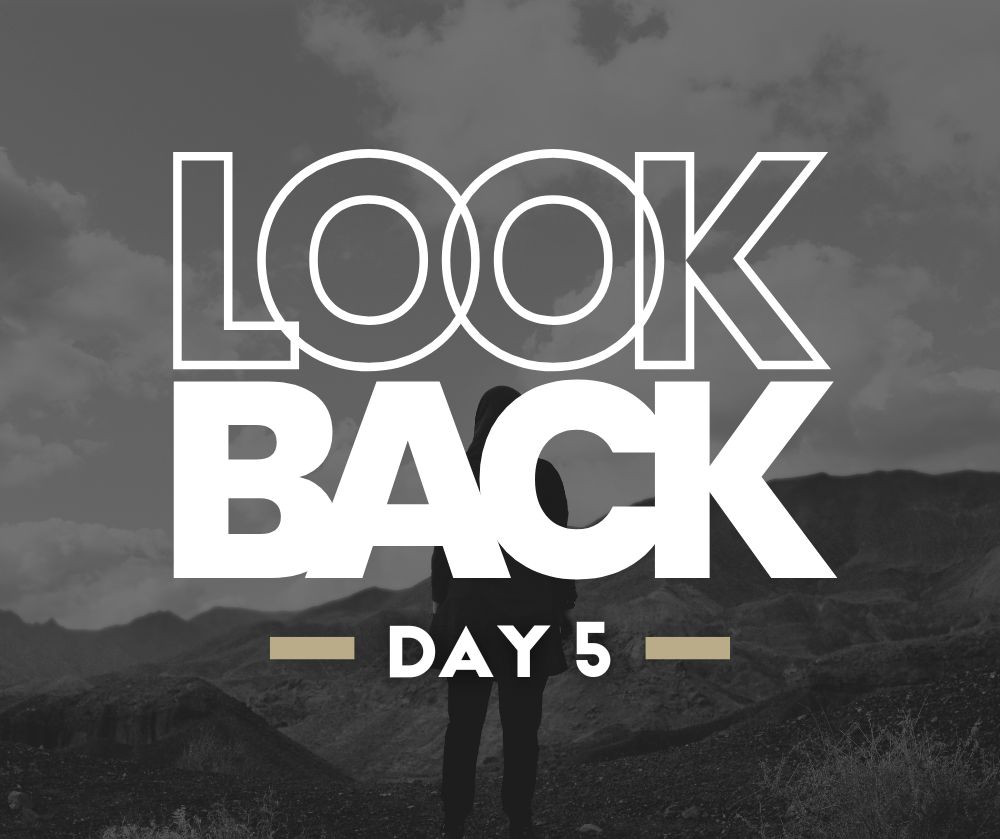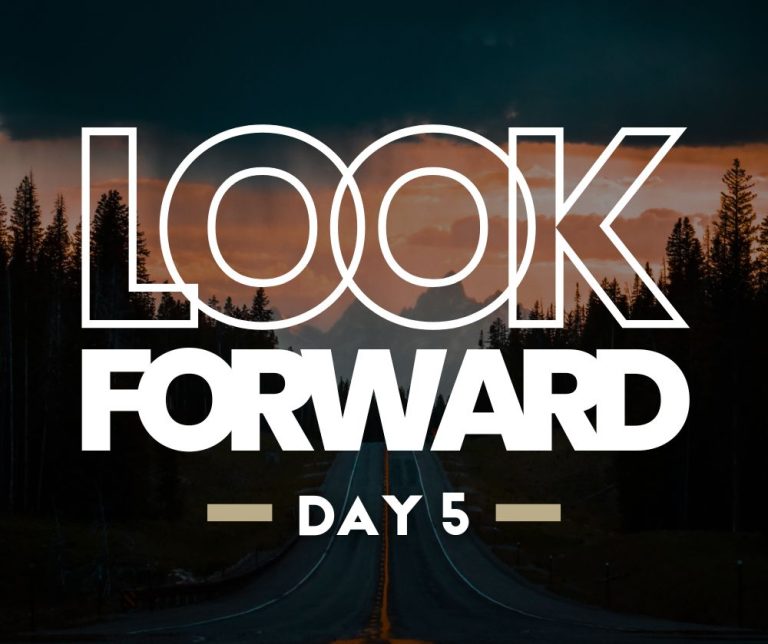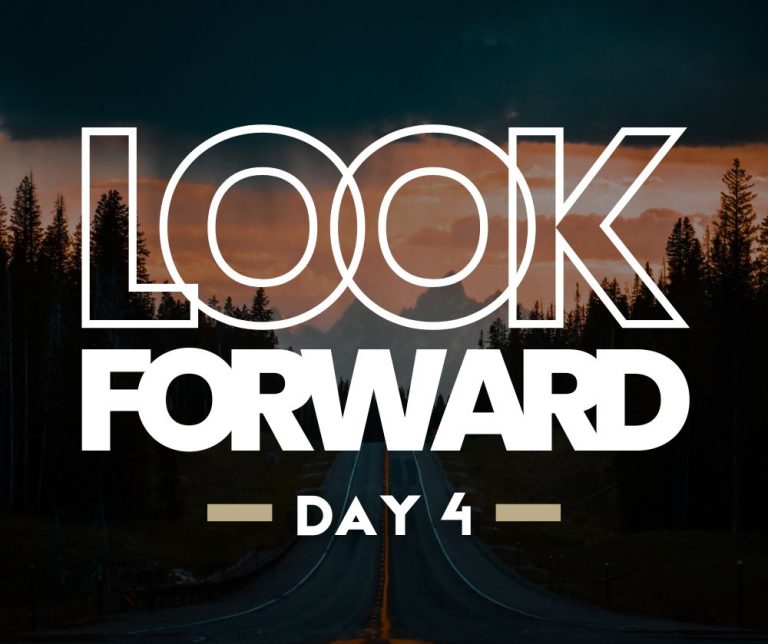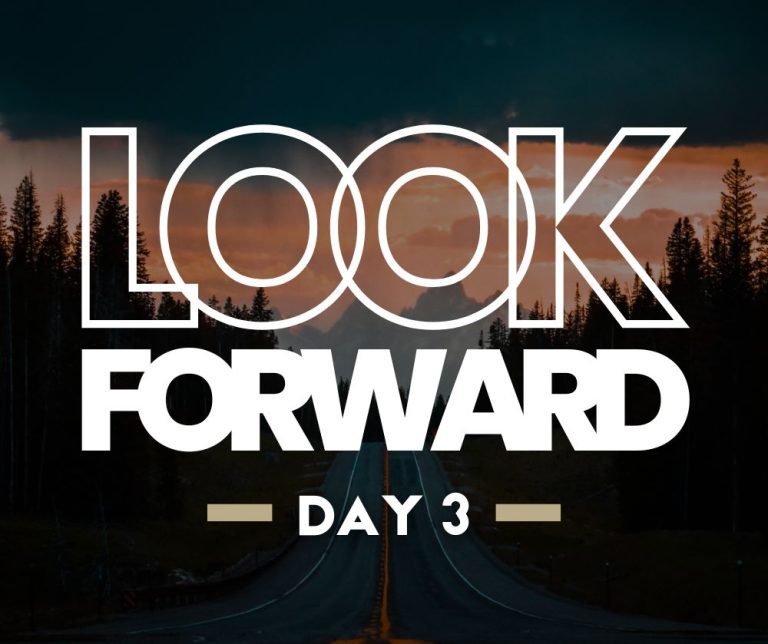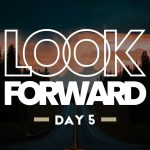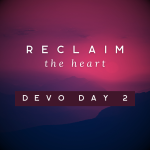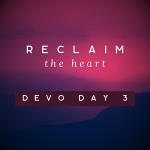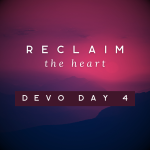“The Lord is close to the brokenhearted and saves those who are crushed in spirit”
Psalm 34:18
Some wounds leave scars that tell stories of both pain and healing. Like the Israelites who carried the memory of Egypt’s bondage through the wilderness, many of us carry memories of past hurts. Yet in God’s economy, even our deepest wounds can become windows through which His healing light shines.
The Hebrew word for “close” (qarov) suggests intimate nearness. When we’re broken, God doesn’t maintain a safe distance—He draws near. This is exactly what He did in Israel’s wilderness journey. He led them with a pillar of cloud by day and fire by night—visible, constant reminders of His healing presence.
Brokenheartedness isn’t a sign of weak faith; it’s an invitation to deeper healing. For Israel, the wilderness wasn’t just a geographical location; it was an emotional and spiritual journey of healing from Egyptian trauma. Their story teaches us that God uses even difficult seasons to restore and strengthen us.
God’s healing work begins with remembrance. Moses commanded Israel to remember their wilderness journey—not to relive the trauma, but to recognize God’s faithful presence in their pain. Like archaeologists of our stories, we uncover evidence of His grace amid the rubble of past hurts.
The journey of healing transforms our memories. What once were only places of pain become testimonies of God’s restoration. For Israel, even the memory of hunger became sweet when they recalled how God provided manna. Our own painful experiences can similarly become testimonies of divine provision.
Healing doesn’t always mean forgetting. Sometimes, it means seeing our past through new eyes—God’s eyes. Israel was told to remember the wilderness, not to stay trapped in it, but to understand how God used it for their good. The scars remain, but they tell a different story now: divine rescue, restoration, and redemption.
Our crushed spirit often becomes the vessel for God’s greatest work. The wilderness humbled Israel, but that humbling prepared them for their promised inheritance. Similarly, our brokenness can become where God demonstrates His healing power most profoundly.
Where you belong can help you heal. Community plays a vital role in our healing journey. Israel shared their story of deliverance with each generation. When we share our stories of God’s healing work, we create sacred spaces where others feel safe to begin their journey toward wholeness.
The process of healing is itself a form of worship. Every step toward wholeness declares that we trust God’s goodness more than our pain’s power. Like Israel’s journey from slavery to freedom, our healing journey is a testimony to God’s faithfulness.
“Healing doesn’t mean the damage never existed. It means the damage no longer controls our lives.” – Akshay Dubey (a contemporary spiritual writer known for his insights on healing and restoration). This truth echoes Israel’s transformation from slaves to God’s chosen people—their past shaped them but no longer defined them.
Godseekers, God is not intimidated by your broken places. Just as He led Israel through forty years of wilderness healing, He walks with you through your restoration journey. The same God who brought them into their promised land is working to get you into wholeness.
Prayer
Father, thank You for Your healing presence in our broken places. Help us trust You with our deepest hurts and most painful memories. Transform our wounds into windows of Your grace, and use our healing journey to bring hope to others. In Jesus name, Amen.
Personal Reflection
- What painful memory needs to be viewed through the lens of God’s redemptive work in your life?
- How has God used your past wounds to help you minister to others?
Step of Faith
Today, write a letter to God about a painful memory that still affects you. Ask Him to show you where He was present in that situation and how He might use that experience to help others. Consider sharing your story of healing with someone who needs encouragement.

